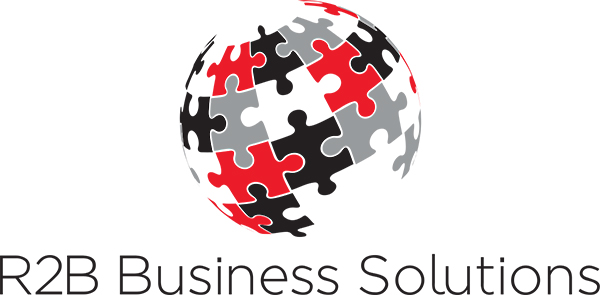As business owners, we understand the importance of planning - after all "failing to plan is planning to fail"! The very basic plans that small businesses and their owners usually have in place are a business plan forecasting cashflow, profit and loss, and some ideas for a growth strategy. A common mistake in business planning is looking through to the future with rose-tinted glasses; predicting that sales will grow month-on-month at a steady pace. Of course, this is not unrealistic if all goes to plan with a business and there are no challenges along the way, but we must consider what could potentially go wrong and try to prepare for it in order to reduce the risk of insolvency.
Plan pessimistically for loss of assets
What if there is an unexpected unfortunate event in the business, such as fire or theft? What would happen if your business premises were damaged and you could no longer run your office, shopfront or warehouse? What about if the disaster unfortunately caused injury to key persons in the business? What if you lost a significant amount of stock, and had to wait for insurance claims to be processed before you could replace it? Without appropriate insurance, assets may not be able to be replaced and the business could be placed into a critical condition were liquidation or winding down is the only option.
Loss of stock or damage to premises is only part of the problem, there may well be a time lag before operations & income return to normal levels. Such disasters can cause a business to temporarily cease trading or significantly reduce activity, having a noticeable impact on sales, revenue and growth. You will still be obliged to pay permanent staff to work, even if you cannot trade and your other ongoing business liabilities will still be your responsibility. A business disaster could lead to the loss of temporary staff too if you have nowhere for them to work, meaning that once your business has recovered you are forced to recruit and train again.
Create a Business Recovery Plan and a Business Continuity Plan.
Be prepared by planning for Business Disaster Recovery in your overall business plan document, and supplement this with a Business Continuity Plan that can predict best-case and worst-case scenarios. Once you have an idea of the impact a disaster may have on your business, you will be in a position to choose appropriate consequential cover for loss of assets and loss of profits.
Talk with your professional adviser on appropriate cover as part of your budgetary plan. If you are currently in an unfortunate position following a business disaster and are in need of immediate help with business recovery planning and the execution of a business recovery plan, please get in touch with us at R2B Business Solutions - we are experienced Business Recovery Consultants and can support you in dealing with creditors and managing losses.

